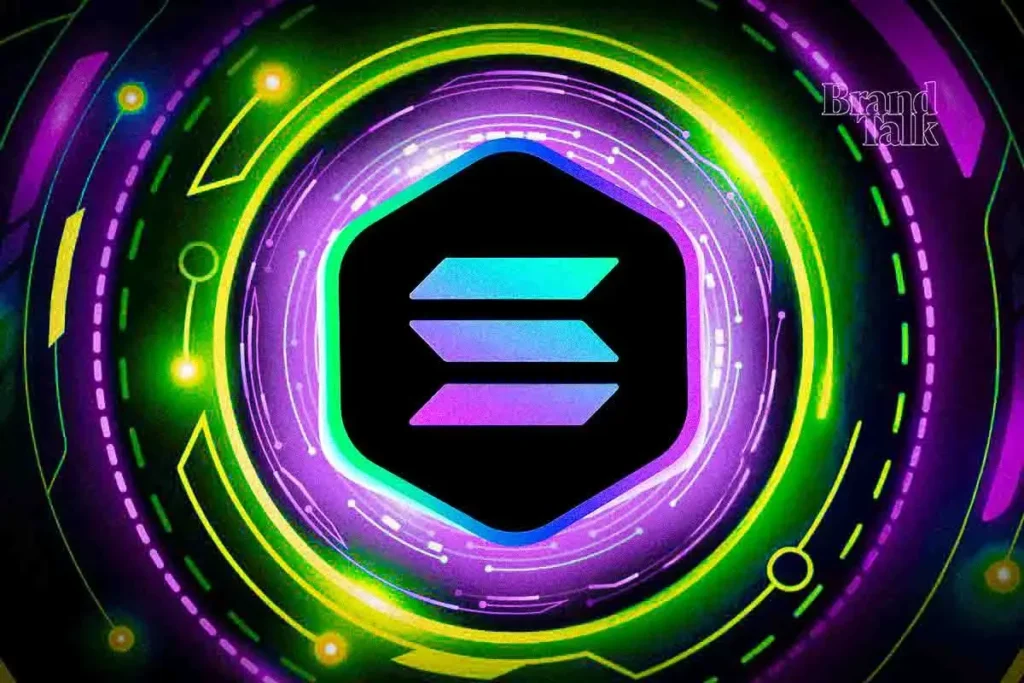Title: Understanding Solana’s New Validator Policy: A Bold Step Towards Robust Network Health
Introduction to Solana’s Delegation Program
The Solana Foundation has recently introduced a significant update to its Delegation Program, which plays a crucial role in maintaining the security and performance of the Solana blockchain network. Initially launched in 2020, the Solana Foundation Delegation Program (SFDP) was designed to assist new validators in participating in the ecosystem without requiring substantial holdings of SOL tokens. However, with the decline in Solana’s total network stake, the foundation has decided to implement new measures to remove non-compliant validators. This article explores the details of the updated policy, the criteria for validator removal, and the overall implications for the Solana network.
Key Changes in Solana’s Validator Policy
Ben Hawkins, the Head of the Staking Ecosystem at the Solana Foundation, recently outlined a stringent new policy for validator management. Under this revised framework, for every new validator that gains a spot through community stake, three long-standing validators will be removed from the foundation’s delegation list. Dubbed the "three-for-one" swap, this strategy represents one of the most aggressive moves by Solana to ensure a balance between rapid growth and network reliability. With estimates suggesting that up to 150 validators could be affected, this policy aims to enhance the performance of the overall validator network.
Criteria for Validator Removal
The updated validator policy is anchored by a straightforward, yet rigorous, set of criteria. To be eligible for removal, a validator must have held the foundation’s delegation on the mainnet for at least 18 months and must have accumulated less than 1,000 SOL of self-owned stake outside of that particular delegation slot. This new regulation emphasizes the necessity for new entrants to demonstrate technical reliability and the capacity to attract external delegations, ensuring that only committed and capable validators remain within the ecosystem.
Rationale Behind the New Policy
The primary motivation for Solana’s new validator policy is to minimize the presence of “validators in name only” – those who rely solely on subsidized stake rather than genuine community support. Ben Hawkins framed this initiative as a vital recalibration of the staking ecosystem. The foundation aims to cultivate a self-sustaining and competitive validator community by removing nodes that have not showcased their commitment to the Solana network. By doing so, Solana encourages validators to invest in their infrastructure, which ultimately strengthens the network and fosters greater reliability and engagement.
Impact on the Solana Ecosystem and Market Sentiment
The introduction of this new policy has been met with a positive response from industry analysts and validator operators alike, who view it as a logical progression for Solana. Mert Mumtaz, CEO of Helius Labs – a prominent community validator – described the policy as “bullish for SOL”, expecting it to foster higher quality node operations and greater community interaction. As SOL’s price approaches the $150 mark and the company raises $150 million to bolster its treasury, the ramifications of the new policy could be transformative. By tying the foundation’s delegated stake to measurable performance metrics, Solana sets the stage for rigorous testing of validator resilience and community trust.
Conclusion: A Future Focused on Decentralization and Performance
As the Solana ecosystem matures, preserving decentralization while ensuring performance remains a top priority. The new “three-out, one-in” system aims to institutionalize best practices for validator uptime and operation, minimizing operational costs associated with underperforming validators. With daily transaction volumes consistently exceeding 20 million and fee revenue surpassing $1 million, the Solana Foundation seeks to reallocate its limited delegation resources towards validators that truly represent value and engagement within the network. As this policy takes shape, it will play a vital role in shaping the future of Solana, driving towards a more competitive and self-sustaining blockchain environment.
Disclaimer: The content presented in this article reflects the author’s opinions and may be subject to market fluctuations. Conduct comprehensive research before making any investment decisions in the cryptocurrency sector. The author and publication bear no responsibility for any personal financial losses incurred.


